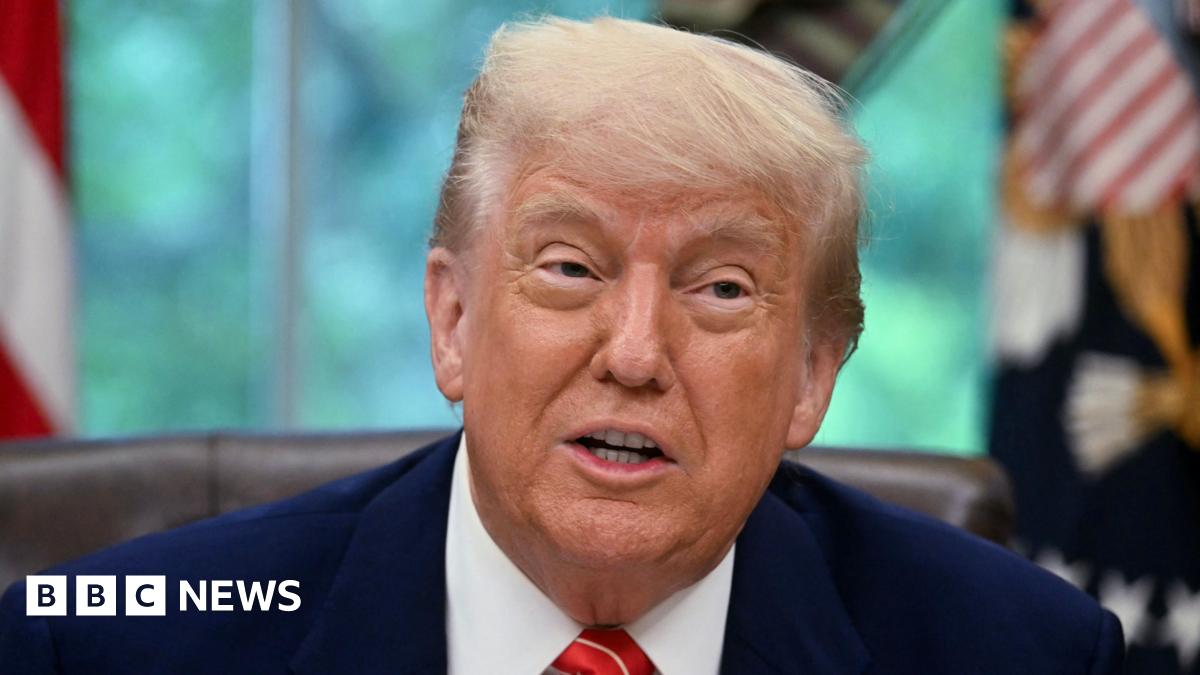Red Sea Relief? Trump's Houthi Truce Sparks Hope, But Israel Remains Vulnerable

Washington, D.C. - A surprising development in the ongoing tensions in the Red Sea: President Trump has announced a tentative truce with Houthi militants. This comes after a sustained military campaign launched in mid-March aimed at halting the group's disruptive attacks on international shipping routes. While the announcement offers a glimmer of hope for stability in a crucial global trade artery, concerns remain regarding the potential impact on Israel's security.
Initially, Trump's administration adopted a firm stance, promising a relentless effort to neutralize the Houthi threat. The conflict escalated as Houthi attacks, primarily utilizing drones and missiles, repeatedly targeted commercial vessels, forcing major shipping companies to reroute their journeys, leading to significant delays and increased costs. The US-led Operation Prosperity Guardian was established to protect shipping lanes and ensure the free flow of commerce.
The sudden shift towards a truce raises questions about the motivations behind this decision. While official statements cite progress in negotiations and a desire to de-escalate the situation, analysts suggest that a combination of factors may be at play. These include the high cost of maintaining a large military presence in the region, the complexities of achieving a lasting military victory against a resilient and deeply entrenched group like the Houthis, and potential diplomatic considerations involving regional powers.
However, the truce isn't universally welcomed. Critics argue that it could be perceived as a reward for Houthi aggression and may embolden them to continue their disruptive tactics in the future. Furthermore, the truce's impact on Israel remains a significant concern. The Houthis have repeatedly voiced support for Hamas and condemned Israel's actions in Gaza. The reduced military pressure on the Houthis could potentially create a window of opportunity for them to increase their activities in the region, posing a direct threat to Israeli interests and security.
Israeli officials have expressed cautious optimism about the truce but have also emphasized the need for continued vigilance. They argue that any long-term solution must address the root causes of the conflict and ensure that the Houthis are unable to threaten regional stability. The truce's success will depend on the Houthis' adherence to the terms of the agreement and the willingness of all parties involved to engage in constructive dialogue.
The coming weeks and months will be crucial in determining the long-term implications of this unexpected truce. While the Red Sea may see a temporary respite from attacks, the underlying tensions remain, and the security of Israel continues to hang in the balance. The international community will be closely watching to see if this truce can pave the way for a more sustainable and peaceful resolution or if it's merely a temporary pause in a larger, more complex conflict.






